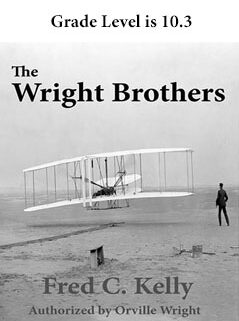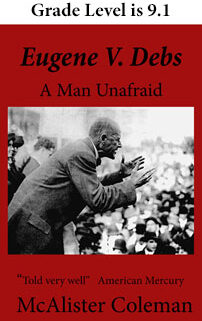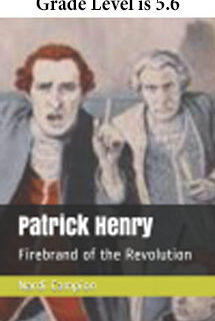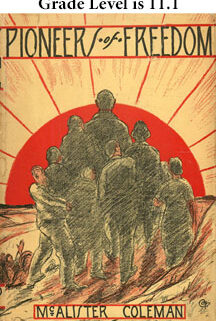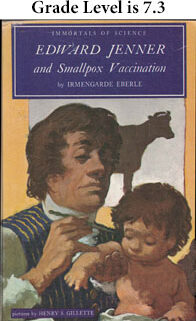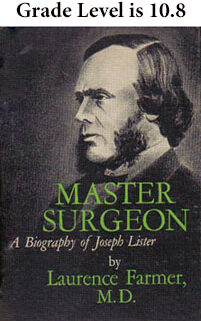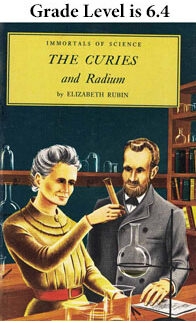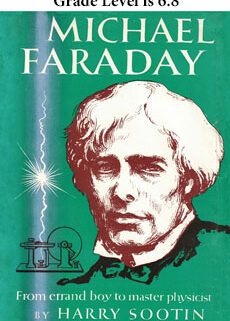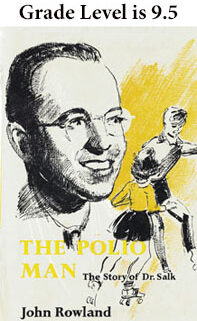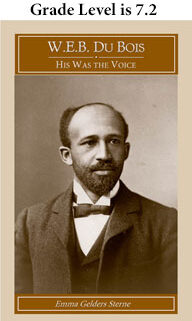here
To read this ebook on a computer, or tablet using Calibre, or Google Play Books, or iBooks on your iPad, download this epub format.
To download a mobi file for your Amazon device, click below.
Directions on how to email this file to your Kindle device are here.
To add this mobi file to your Kindle for PC software to read the chapters on your computer, see these instructions .
The Kindle Personal Document Service allows teachers, or librarians to send a mobi file to up to 15 student Kindle email addresses at a time.
With Calibre, you and your students can read this ebook in epub format on computer screens. By changing the background color, and enlarging the font, the reading experience on a computer screen is reasonable. On Chromebooks, the operating system will offer an ereading app when you open the epub file.
In this fascinating, highly readable biography, Fred C. Kelly, a former newspaperman, author, and an old friend of the Wrights, tells the story of the two brilliant, dedicated, flight-obsessed bicycle mechanics from Ohio who first realized mankind’s age-old dream of conquering the skies.
Long considered the definitive Wright biography (the manuscript was read and approved by Orville Wright), this book recounts the Wrights’ small-town boyhood, their early interest in all things mechanical, the establishment of the Wright Cycle Shop, and the complete behind-the-scenes story of how they designed, built, tested, and flew (December 1903) the first “Flyer.”
Enhanced with sixteen rare photographs, Mr. Kelly’s engaging account avoids minute technical description, yet describes simply and clearly the technological innovations that enabled the two brothers to succeed where so many others had failed. Anyone interested in the mechanics of flight or early aviation will find this volume a splendid introduction to the Wright brothers and their epochal achievement.
Grade level from a sample of four chapters in the Flesch-Kincaid analysis is 10.3.

